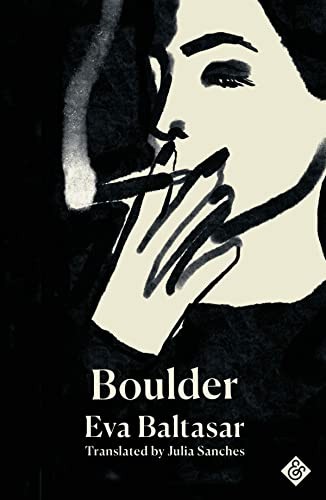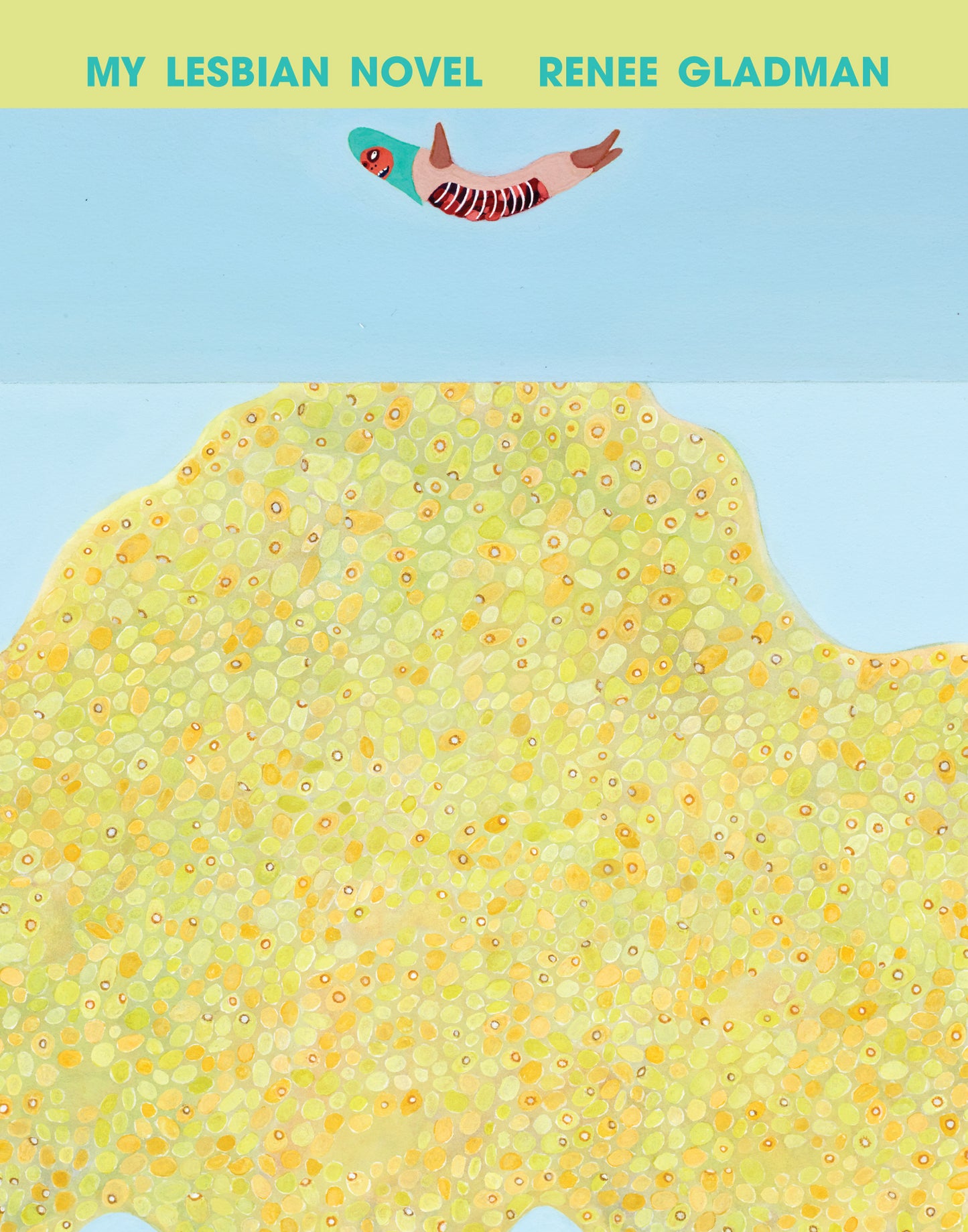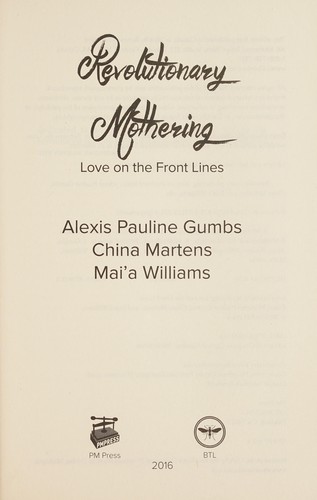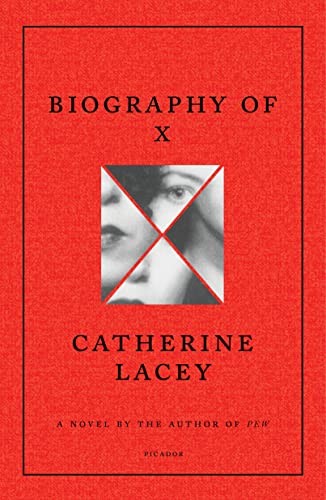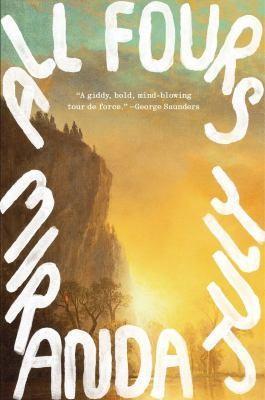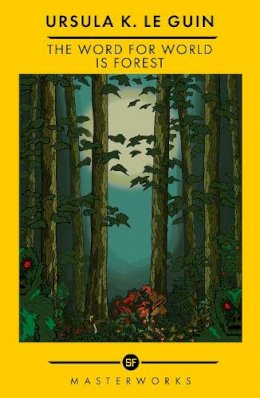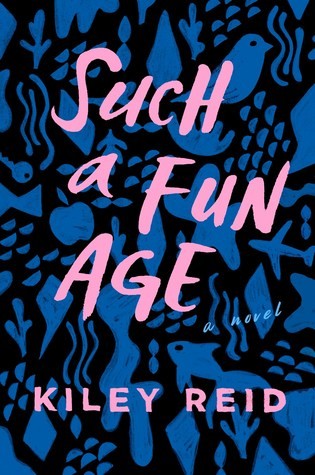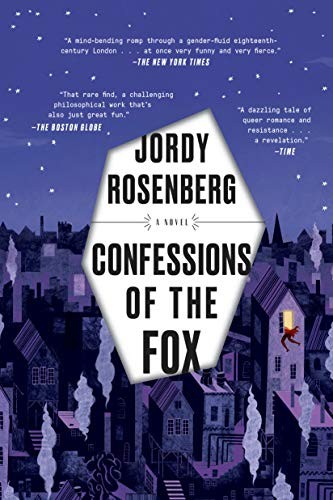Parenting is political
5 stars
I first opened this book when I was realising that I wanted to be a parent (and didn't know exactly how to make that happen). (At that point, reading it made me cry!) I keep going back to it, because it offers so many liberating perspectives on mothering and parenting. It’s written mainly by people of colour; it has a section focusing on queer perspectives, but in fact the whole premise of the book is anti-heteronormative in a way that still feels unusual to me, partly because it doesn’t care about addressing or even refuting the concerns of neoliberal feminism (for this book, „having it all“ would mean having the resources and determination to be an activist and a parent at the same time) - and partly because it doesn’t just point out problems with current structures or gesture at utopian possibilities, but instead remains rooted in everyday experience.
Since …
I first opened this book when I was realising that I wanted to be a parent (and didn't know exactly how to make that happen). (At that point, reading it made me cry!) I keep going back to it, because it offers so many liberating perspectives on mothering and parenting. It’s written mainly by people of colour; it has a section focusing on queer perspectives, but in fact the whole premise of the book is anti-heteronormative in a way that still feels unusual to me, partly because it doesn’t care about addressing or even refuting the concerns of neoliberal feminism (for this book, „having it all“ would mean having the resources and determination to be an activist and a parent at the same time) - and partly because it doesn’t just point out problems with current structures or gesture at utopian possibilities, but instead remains rooted in everyday experience.
Since this is an anthology, it is inevitably uneven; some of the texts are frustratingly short, and it also includes some poetry that would probably be far more effective as part of a live performance. Some texts "only" offer a glimpse of a specific experience.
But the variety of voices in the book is also a strength: together, they create an alternative to the constricting norms of "motherhood" (as an ideal, biological, innately feminine role), while insisting that mothering is powerful.


